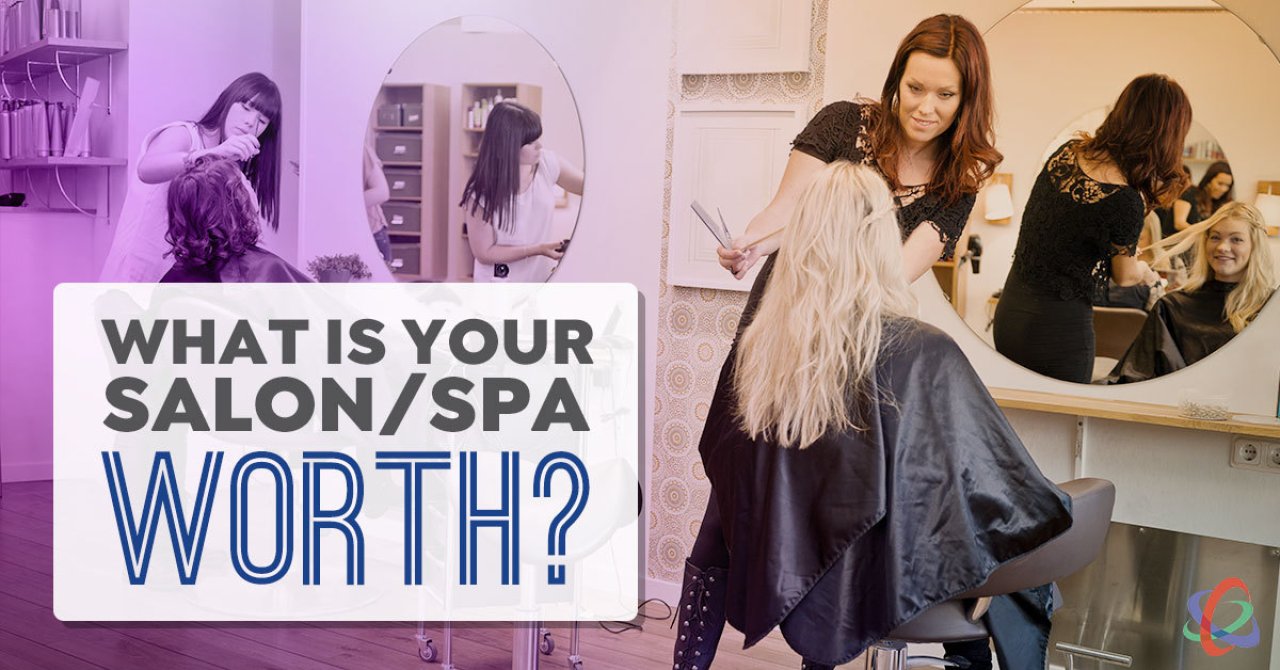What is Your Salon or Spa Worth?

Wherever your salon/spa is in its business lifecycle, the most important question you must be able to answer is, “What is my business worth?”
Unfortunately, most entrepreneurial owners don’t even ask the question until it’s too late.
“Too late” typically means one of two things.
- Your salon/spa isn’t doing well; you’re getting beat up and want to get out.
- You’re at or near retirement age and recognize that the time to sell is near.
FACT: The primary reason salons and spas earned a reputation for dismally low selling prices is because owners never focused on growing the value of their companies.
- Being “busy” doesn’t necessarily translate into company value.
- Doing $1 million or more a year in revenue doesn’t mean the business is making money.
- Doing $1 million or more a year in revenue doesn’t mean it’s worth $1 million or more when it’s time to sell.
As an owner, you’re busy pushing to grow sales, keep people productive, pay the bills, solve problems and generally keep things heading in the right direction.
As an owner, it’s natural to assume all of that hard work will translate into creating value for your salon/spa. But, are you focusing on the right outcomes that create value?
After all is said and done, you probably have no idea what your company is worth.
Here are seven no-compromise leadership thoughts on how to dramatically improve the way you play the salon/spa business game, and understand what your company is worth:
- Create value from day one: The day you open your salon/spa you are an entrepreneur, business owner first and a hair stylist, colorist, esthetician, etc. second. Your salon/spa company is an investment and an asset. Your goal is to make it worth significantly more when it’s time to sell. Working hard does not translate into value. Working hard on the right aspects of your company does create value. If your opening day was decades ago and you have no clue what your business is worth, email me at [email protected] and I’ll guide you to the right coaching program.
- Profit and Equity = Value: I’ve been coaching owners long enough to know that salon/spa owners, financial reports and cash-flow plans don’t mix well. If you’re one of them, answer this question; which of the following salons/spas will sell for a premium price and which one will be the equivalent of a “fire sale”?
- Profit and Loss Statement shows a history of high payroll costs and little to no Net Profit. Balance Sheet shows little operating cash for the size of the company, no cash reserves, high Accounts Payable, four credit cards with high balances, two loans (one bank and one private), negative Retained Earnings and negative Equity.
- Profit and Loss Statement shows manageable payroll percentages and years of consistent Net Profit (after owner’s salary) averaging 10% to 15%. Balance Sheet shows ample cash in the operating account and three to four months of cash reserve in a money market account. Balance Sheet also shows that the company is debt free, with positive Retained Earnings and positive Equity.
- Simple math meets reality: There are simple valuation multipliers like 1 to 1.5 x annual revenue, or 3 to 4 x earnings (annual Net Profit). Of the two, 3 to 4 x earnings will typically be the more realistic number. In the previous bullet point, scenario A describes a dire financial situation where the seller has no profit to multiply. Scenario B’s financial situation is strong, which could justify using a blend of the two valuation multipliers. If the location, lease, critical numbers, brand, systems, culture and other factors are impressive, the sale price could likely move above 4 x earnings and closer to 1 x revenue. FACT: This is why it is essential for salon/spa owners to master leadership, financial literacy, cash-flow management, productivity, client retention, systems, culture and other business growth disciplines.
- Business physical: You get an annual physical to ensure that you're healthy, so why not get your business appraised every five years to make sure it’s healthy? Professional appraisers charge $3,500 to $5,000+. The fee will vary based on the size and complexity of your company. The American Society of Appraisers website, appraisers.org, has a “Find an Appraiser” page where you can search by expertise, state and Zip Code. There are also business brokers who will appraise your company with the goal of selling it; find one through the International Business Brokers Association (ibba.org).
- Power of knowing: If you're selling your home, you want to do everything you can to maximize its curb appeal by painting, landscaping, polishing things up and buying new appliances. It's very much the same in business. Once you begin monitoring and assessing the value of your salon/spa, you'll know where its weak points are. You may need to focus on making your Balance Sheet healthier by clearing up debt. The same goes for your Profit and Loss Statement. Other factors might be operational systems that need refining or reinventing, or physical space that needs a facelift. FACT: There is power in knowing.
- How owners decrease value: If you are an owner that generates a significant percentage of your company’s revenue, it could have a negative impact on its value. For example, if your hands generate 15% to 30% of your company’s total revenue, a potential buyer could use the potential for lost revenue to justify a lower purchase price. If you have been taking cash and/or paying employees cash, the unreported income means that your financial reports are not accurate. More importantly, it signals to the potential buyer that the company is subject to the potential back taxes and severe penalties and interest by the IRS.
- Beware playing bank: Selling your business for the best price in a cash deal is as sweet as it gets. When buyers can’t get financing, you may have to be the bank and hold the loan on the sale of your business. A good rule of thumb is that cash gets the best sale price. If you have be the bank, you’re assuming the risk that if the buyer defaults, you get to take over the mess. Like a bank, you should demand the loan be collateralized with real property, such as the buyer’s home. Lawsuits and foreclosing can be ugly, with no guarantee that you’ll ever see all of your money.
Here’s my challenge to you: When it comes to business ownership, the harder you work at understanding and building value to your salon/spa, the better your chances to sell at a premium price.
Use this blog post to estimate what your company is worth if you decided to sell it today. Be brutally honest with your assessment and what needs to be addressed.
The last thing any business owner wants is to realize it’s time to sell but their business isn’t worth what it can, and should, be.








Comments
No comments found. Start the conversation!
Leave a Comment